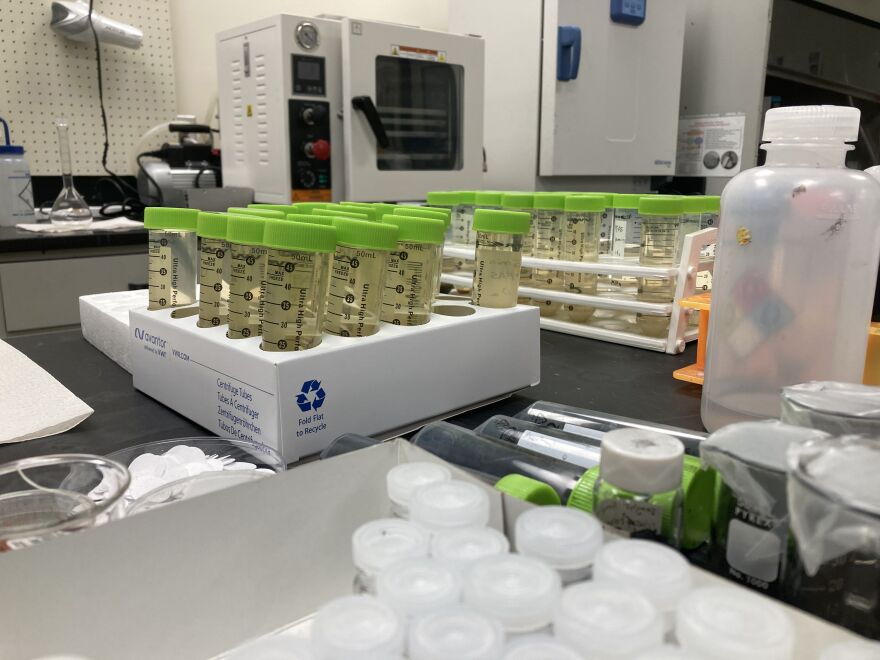Michigan lawmakers introduced a bill package that would strengthen the state's polluter pay laws. Proponents hope the legislation will make industries more accountable in cleaning up contamination.
The bills aim to identify common industry offenders, make cleanup a more transparent process and expand legal options for people with health impacts from pollution
In an event announcing the bills, State Senator Jeff Irwin said current state law allows companies to simply contain pollutants and "walk away" from contamination.
“Our bills say, let's make removing the pollution a priority," Irwin said. "Let's give the environmental regulators the authority to say 'no, this is a situation where that pollution can be removed, so it doesn't bedevil future generations."
Michigan has about 26,000 contaminated sites. Around half of them are "orphaned" — meaning there's no liable owner associated with them, and cleanup falls to taxpayers.
Under current state law, the burden to prove responsibility for contamination falls on the state. Environmental advocates argue this has contributed to a backlog of orphan sites.
Sandy Wynn-Stelt is with the Great Lakes PFAS Action Network. She calls herself "reluctant activist" after her drinking water was contaminated by Wolverine Worldwide.
“I don't know how you argue against holding people accountable," Wynn-Stelt said. "Every three-year-old in the state this morning learned if you make a mess you clean it up. So I think it's time for corporations to, too."
The Michigan Chamber of Commerce put out a statement that the legislation would create new barriers in cleaning up contaminated sites.
The Chamber said they've worked with the bill sponsors to inform "cleanup laws that balance public health with the ability to effectively utilize private capital to redevelop blight and put it back to productive use."
The bills as written, the Chamber said, would implement "unachievable standards" that will drive out brownfield investment.
Michigan used to be known for having some of the strongest polluter pay laws in the country, which were rolled back. Previous attempts to introduce polluter pay reforms in the state legislature have failed.




